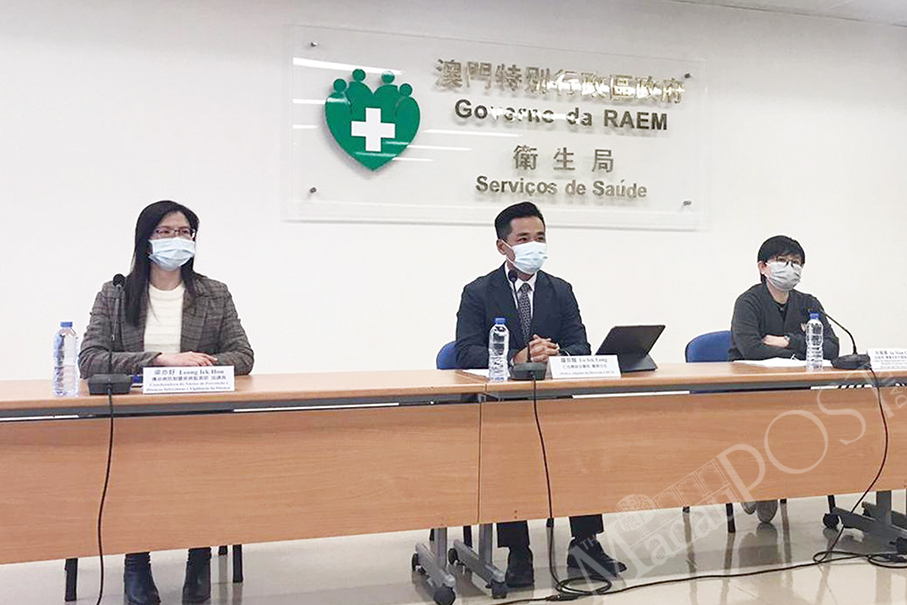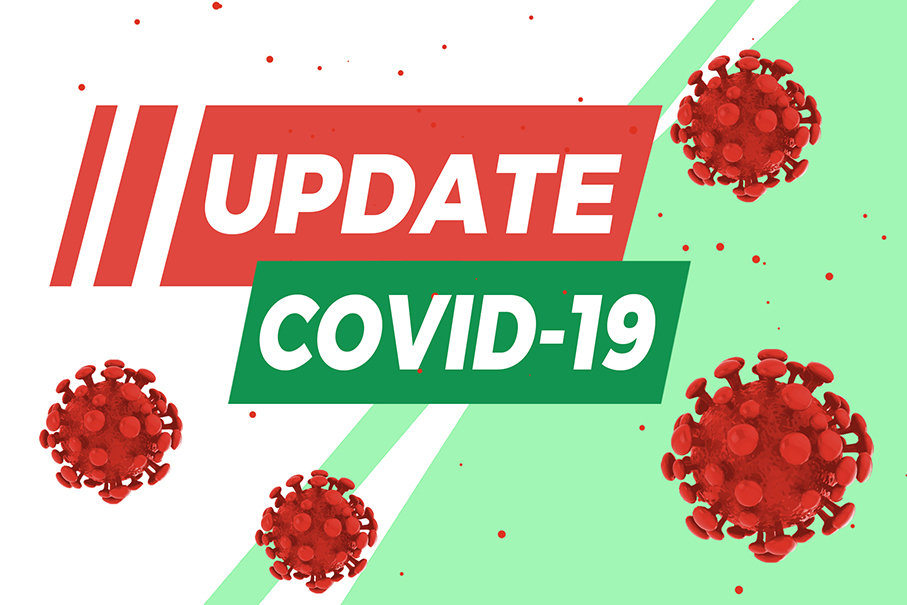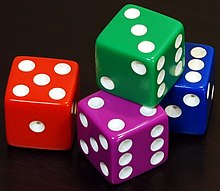The Macau government has extended its mandatory quarantine period for arrivals from Hong Kong and the rest of the world except the Chinese mainland and Taiwan from 14 days to 21 days.
The measure took effect at 10 p.m. on Monday. The government’s Novel Coronavirus Response and Coordination Centre announced the new measure during a special press conference at 9 p.m. on Monday.
Addressing Monday night’s press conference, which lasted 50 minutes, Alvis Lo Iek Long, a clinical director of the public Conde de São Januário Hospital Centre, said that the local government has decided to implement the tightened quarantine measure due to the spreading of a new, more contagious strain of the novel coronavirus in the United Kingdom and reports from various places elsewhere about COVID-19 patients whose condition was confirmed right after they had completed their 14 days of quarantine.
“We have seen a change in the COVID-19 pandemic and a mutant strain of the novel coronavirus in the UK that is more contagious. We have also seen that new COVID-19 cases have been reported in various places [countries and regions] elsewhere after [the patients] had completed their 14-day medical observation,” Lo said.
All those required to undergo quarantine in Macau must stay at a government “quarantine hotel”. The Macau government terminated home quarantine back in late March.
According to Lo, the 21-day quarantine applies to all arrivals in Macau from all countries and regions other than the Chinese mainland and Taiwan. As previously, only 14 days of quarantine are required for arrivals from Taiwan, while those arriving from the mainland merely have to present a nucleic acid test (NAT) certificate confirming that they have tested negative for COVID-19 within the past seven days. However, as previously, those who have been in an area in the mainland where new local COVID-19 cases have recently been confirmed also need to undergo 14 days of quarantine upon their arrival in Macau, according to Lo.
Lo noted that the 21-day quarantine measure also applies to those who had still not completed their 14-day quarantine at one of the government’s “quarantine hotels” before the measure took effect at 10 p.m. on Monday – i.e. they will have to stay an additional seven days in their hotel guestroom.
Due to the extended quarantine period, the number of COVID-19 tests for those in quarantine has now been increased from two to three, according to Lo, who said that the third test will be carried out shortly before the end of the 21-day quarantine period.
‘Self-health management’
Lo also said that those who have already completed their 14-day quarantine before the measure took effect on Monday night but had entered Macau less than 21 days ago are required to practise seven days of “self-health management”, during which their Macau Health Code will indicate yellow, which bars them from entering public administration premises, hospitals and certain public venues. They will have to undergo an additional COVID-19 test on the 20th day after entering Macau – in addition to the two tests already carried out during their 14-day quarantine period, Lo said, adding that their Macau Health Code colour will change to green if they test negative for COVID-19 in the additional test.
During Monday’s press conference, the Health Bureau’s (SSM) Control of Communicable Diseases and Surveillance of Diseases Department Coordinator Leong Iek Hou pointed out that 500 to 600 people have completed their 14-day hotel quarantine but entered Macau less than 21 days ago. The bureau has meanwhile changed their Macau Health Code colour to yellow.
Closing loophole
Asked by The Macau Post Daily about a possible loophole in the new regulation about Hong Kong residents who, even after the new measure, would have been able to enter Macau after completing just 14 days of quarantine in the mainland, Lo announced at the very end of the press conference that the Macau health authorities have discussed the matter with their counterparts in Zhuhai, adding that now Hong Kong residents are not allowed to enter Macau from Zhuhai unless they have stayed in the mainland for at least 21 days.
Macau has confirmed just 46 COVID-19 cases since January 22, 44 of which have been classified as imported, while two cases have been classified as “connected to imported cases”. The 46 patients have all been cured and discharged from hospital, and no fatalities have been reported in Macau, which has been spared a community transmission of the novel coronavirus disease. The last COVID-19 case was confirmed in Macau on June 26, an imported case.
Macau has not recorded a new COVID-19 case for 179 days, while no local case has been confirmed in 268 days.
Commentators have described Macau as an “oasis” in the world’s COVID-19 crisis. Foreign nationals without a Macau ID card have been barred from entering the city since March 18.
The Macau government implemented quarantine for all arrivals from all foreign countries from around the middle of March. Macau has implemented quarantine for all arrivals from Hong Kong and Taiwan since late March.
Mainland, Hong Kong and Taiwan residents who have been to a foreign country within the past 14 days had been barred from entering Macau since late March, prior to a tougher entry ban being implemented today according to which mainland, Hong Kong and Taiwan residents who have been to a foreign country with the 21 days prior to their intended entry into Macau are barred from entering Macau.
Various provinces, autonomous regions and municipalities in the mainland imposed 14-day quarantine for arrivals from Macau in March, with the Guangdong quarantine imposed in late March having affected Macau the most. Guangdong lifted its quarantine requirement for arrivals from Macau in the middle of July, before the whole mainland lifted its quarantine requirement for arrivals from Macau around the middle of August.
Examples of cases after 14-day quarantine
Leong said during Monday’s press conference that the Macau Health Bureau has noticed a number of cases that have recently been reported in neighbouring regions where people were diagnosed with COVID-19 shortly after completing their 14-day quarantine.
Leong mentioned three recent cases as examples. In the first case she mentioned a man arriving in Beijing from Hong Kong who only came down with COVID-19 symptoms and then tested positive for the disease after completing his 14-day quarantine. In the second case, according to Leong, a pilot flying back to Chengdu from a foreign country (Los Angeles, according to Sichuan’s health commission) only came down with COVID-19 symptoms and then diagnosed with the disease after completing his 14-day quarantine. In the third case that Leong mentioned, four members of a Russian ballet company tested positive for COVID-19 on the day they completed their 14-day quarantine in Taiwan, while all the other members of the troupe tested negative. However, four more members tested positive for COVID-19 two days later, she said.
Quarantine hotel fees
Meanwhile, Hilda Iu Man Cheng, acting chief of the Communication and External Relations Department of the Macau Government Tourism Office (MGTO), announced during Monday’s press conference that due to the extended quarantine period, local residents do not need to pay for the whole 21 days of their first-time stay in a government-designated hotel for quarantine. For their second stay, as previously, local residents need to pay for 14 days of their stay, while the extra seven-day stay is free of charge, according to Iu. From the third time onwards, local residents need to pay for the whole 21 days of their stay.
As previously, local residents who opt to stay at a hotel of their choice – Sheraton Grand and the newly-completed Lisboeta – need to pay for the whole stay of their hotel quarantine from the first time onwards, according to Iu. The two “self-selected” hotels for quarantine came into use on Sunday. There are currently six designated “quarantine hotels”.
Since September 1, local residents’ first-time stay at one of the government-designated hotels has been free of charge as long as they have stayed at least 183 days cumulatively in Macau within the past 365 days. Those who have stayed less than 183 days in Macau, can apply for fee exemption for their first-time stay if they study elsewhere, work elsewhere for a Macau employer, or are hospitalised outside of Macau. Before September 1, local residents could stay at a designated hotel for quarantine free of charge for an unlimited amount of times.
A 14-day stay at one of the designated hotels costs 5,600 patacas. Iu did not specify on Monday how much a 21-day stay at a designated hotel will cost.
According to previous MGTO announcements, a stay at the Sheraton Grand or Lisboeta costs about 700 patacas a day, including three meals.
According to Iu, under the new 21-day quarantine measure, non-locals need to pay for the whole 21 days of a stay from the first time onwards. Non-resident workers can opt to stay at a designated hotel or a “self-selected” hotel, while all other non-locals, such as visitors, can only stay at a “self-selected” hotel.

Alvis Lo Iek Long (centre), a clinical director of the public Conde de São Januário Hospital Centre, Health Bureau (SSM) Control of Communicable Diseases and Surveillance of Diseases Department Coordinator Leong Iek Hou (left), and Hilda Iu Man Cheng, acting chief of the Macau Government Tourism Office’s (MGTO) Communication and External Relations Department addresses Monday night’s special press conference about the government’s extended mandatory quarantine period.
Photo: Maria Cheang Ut Meng








